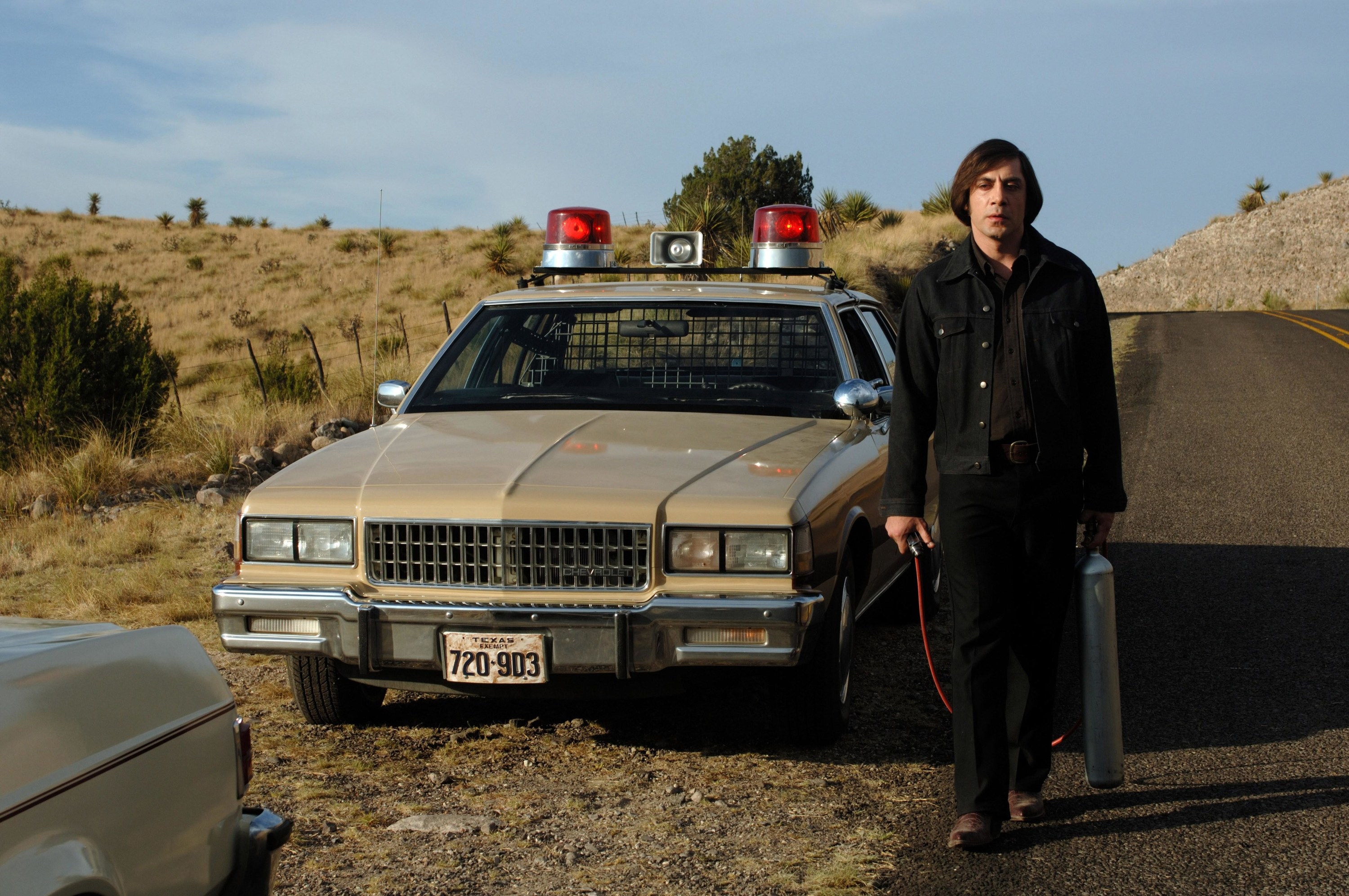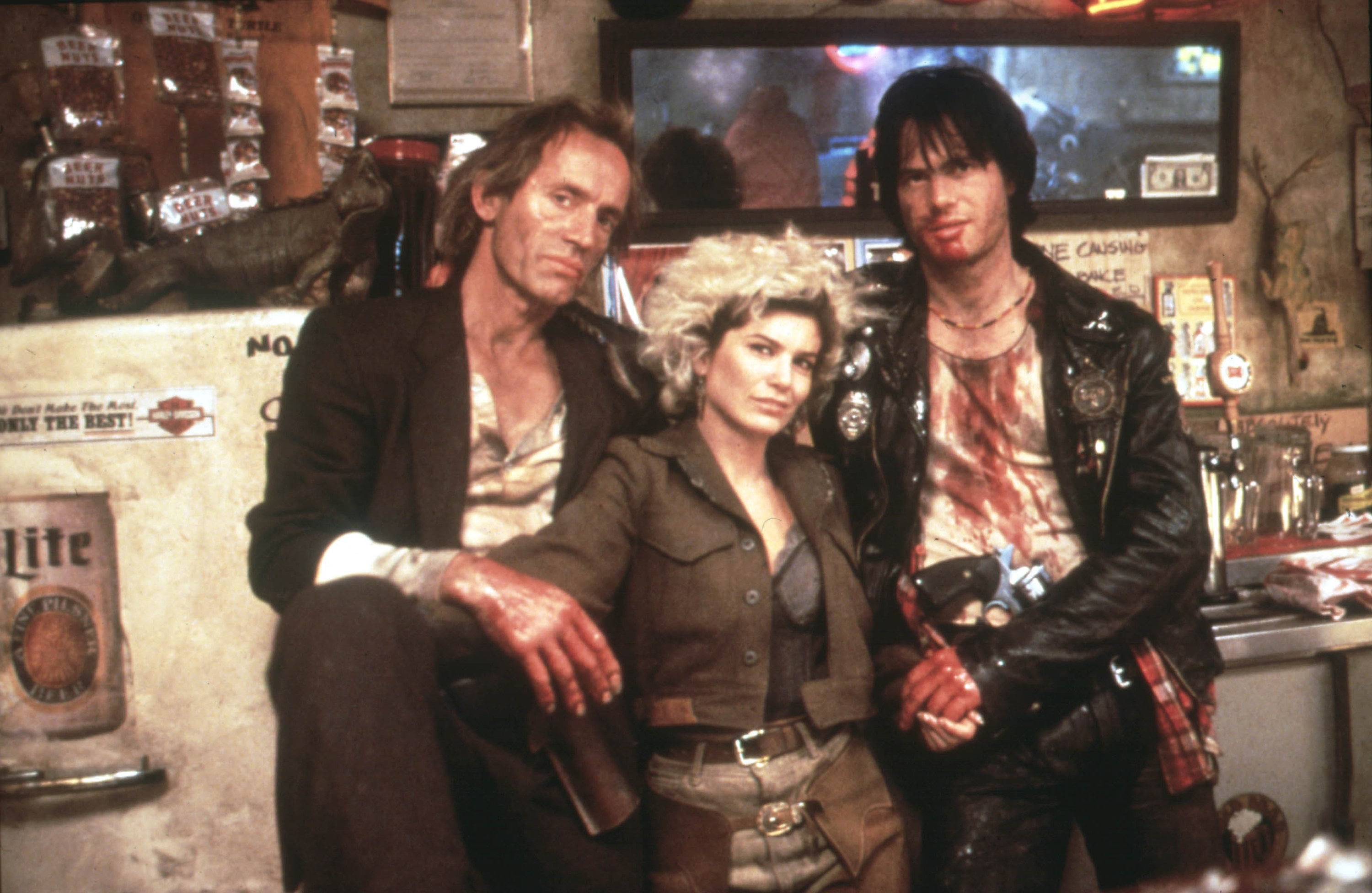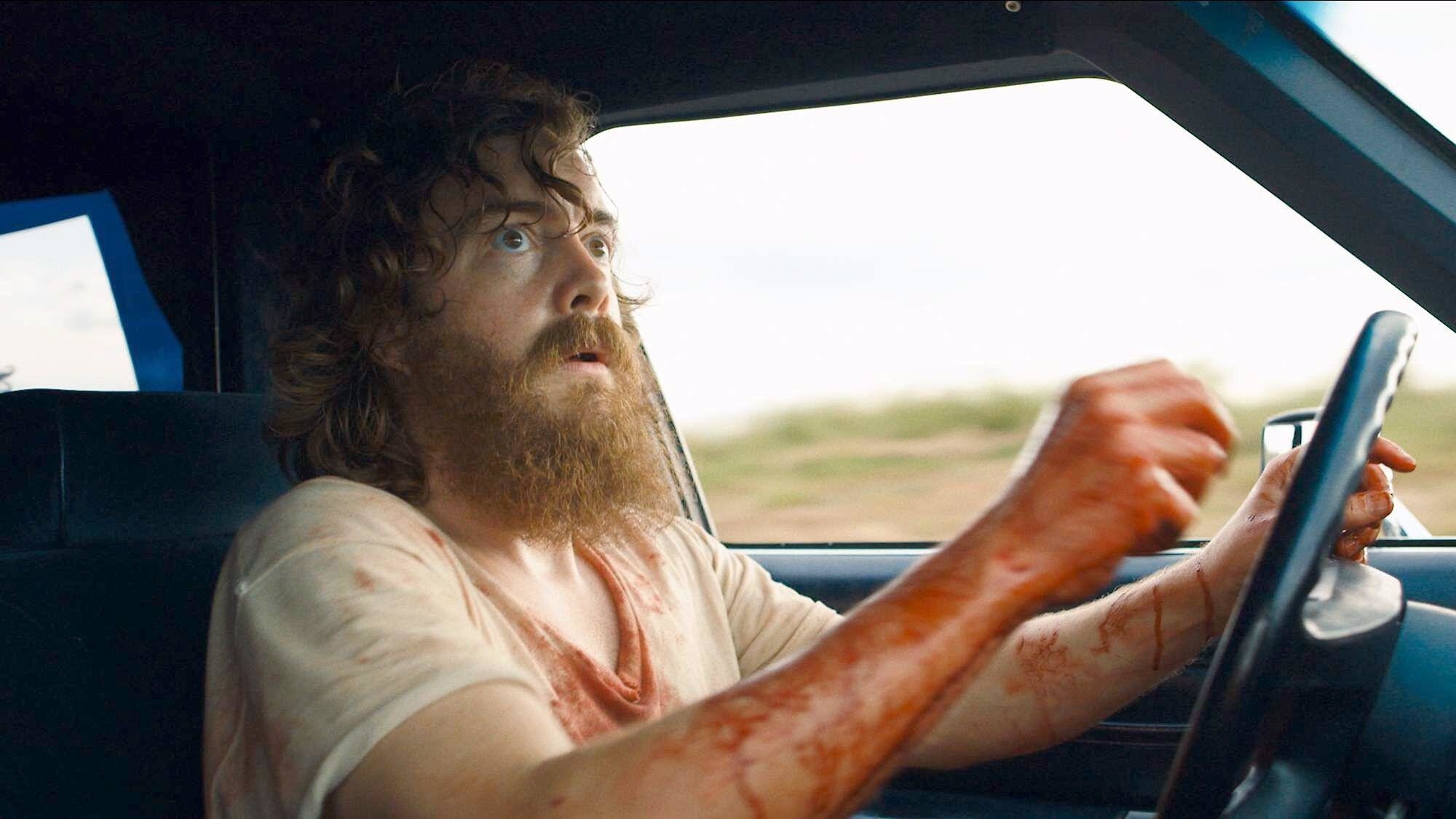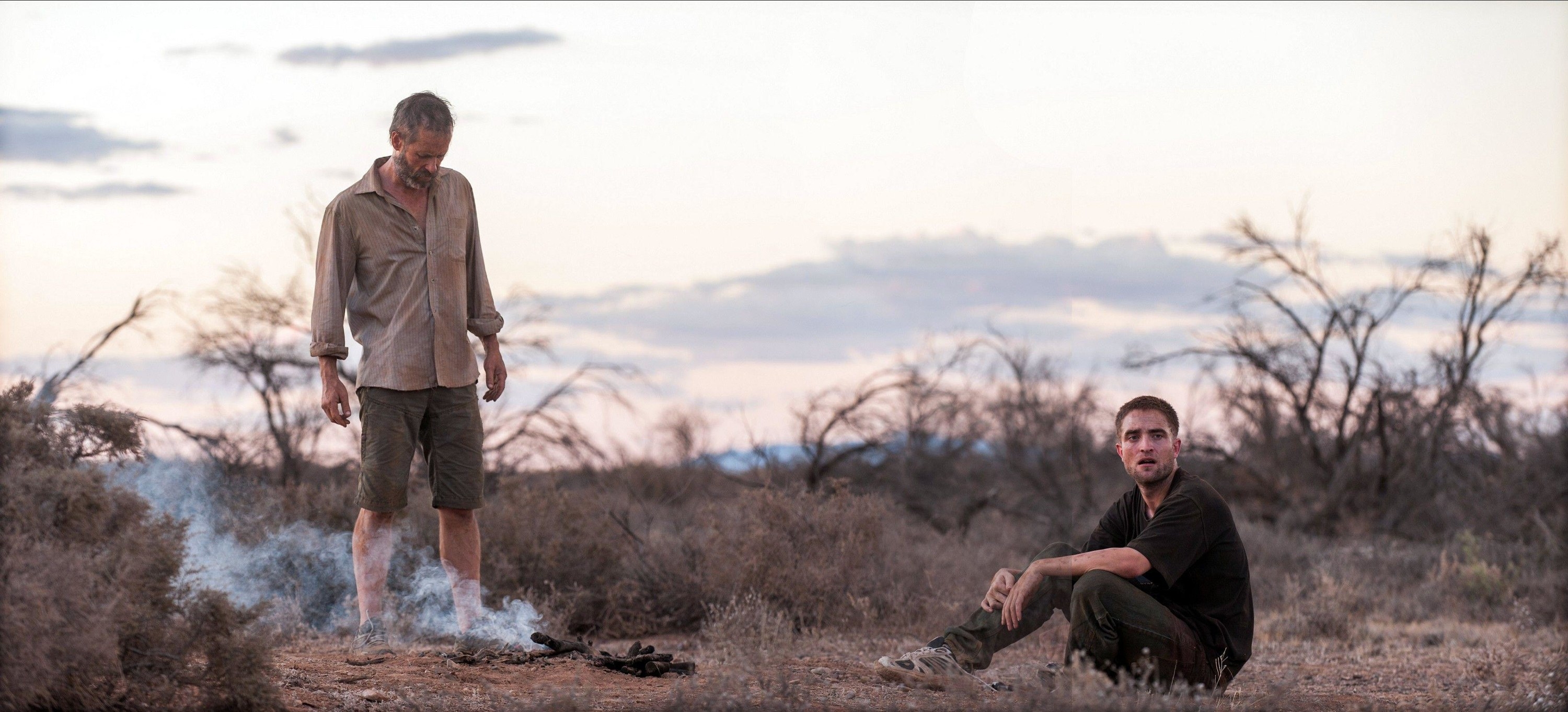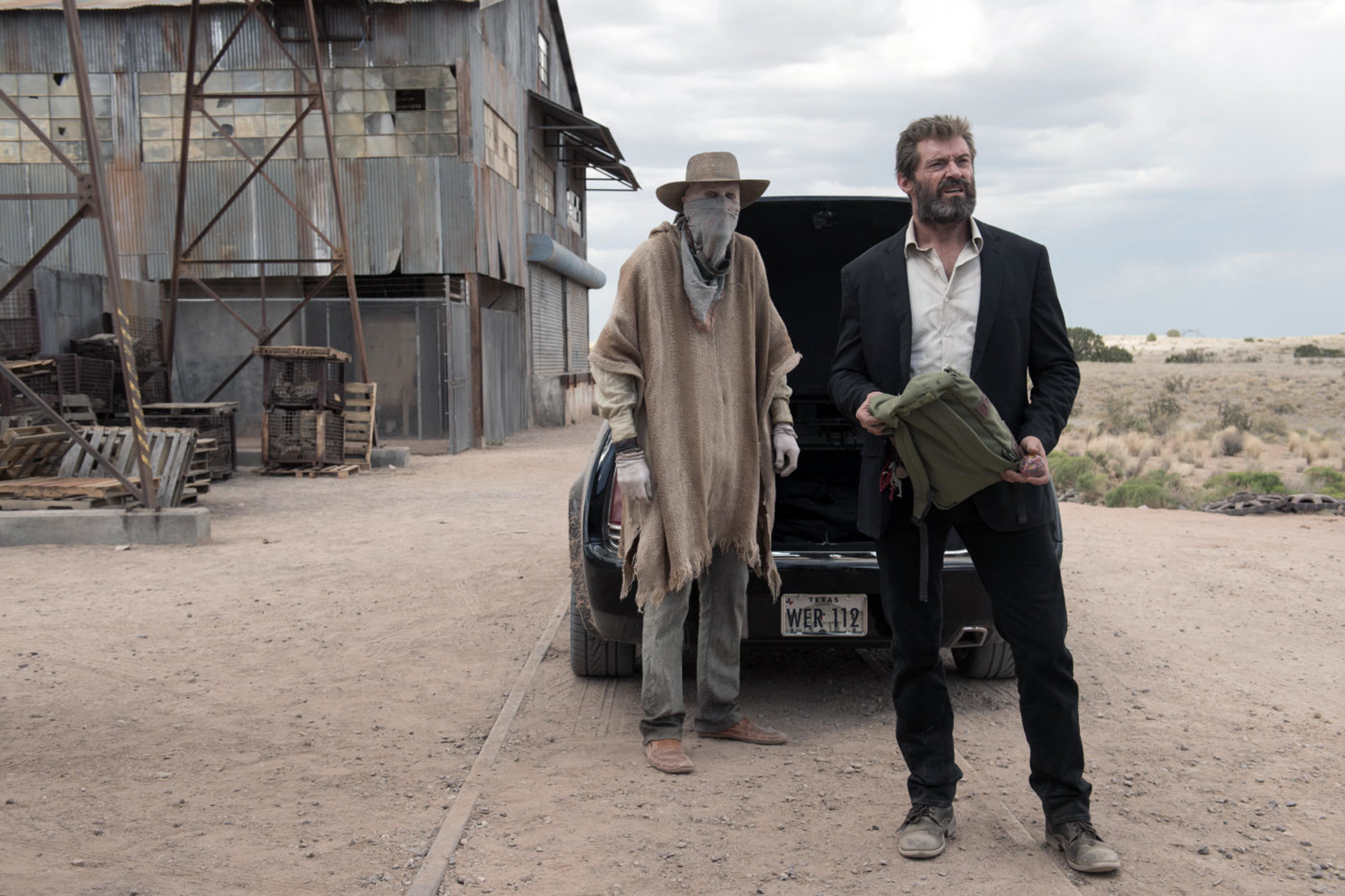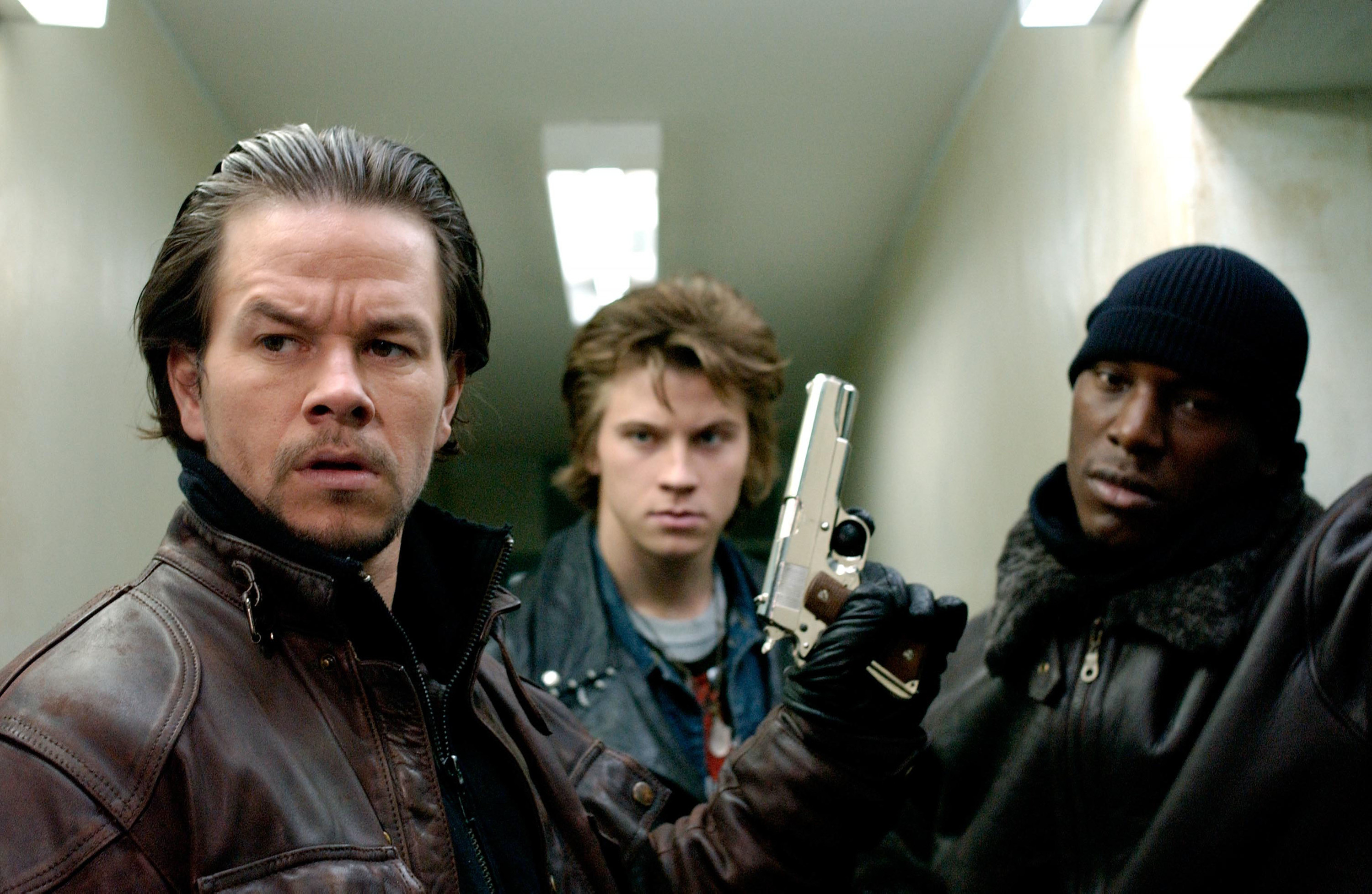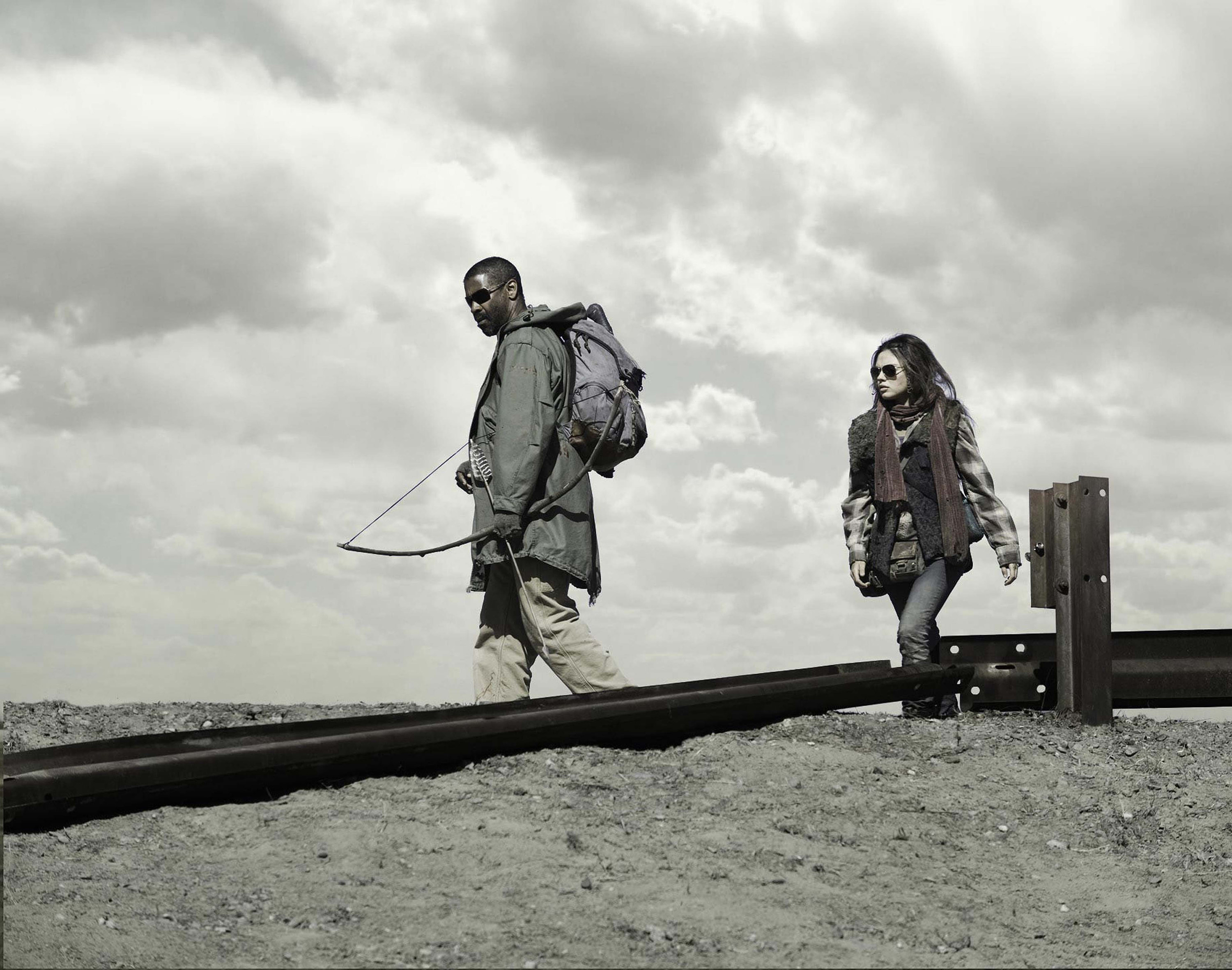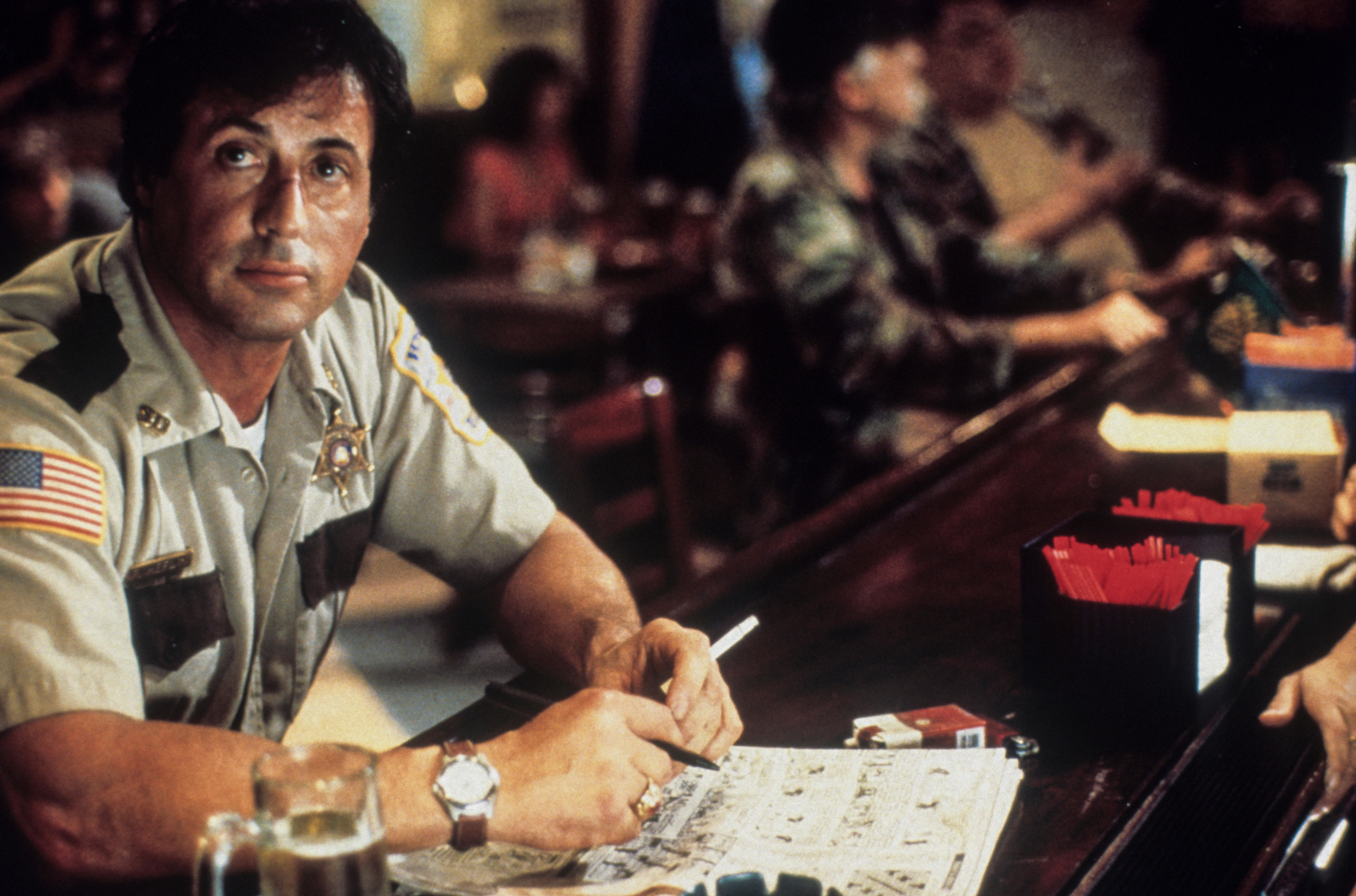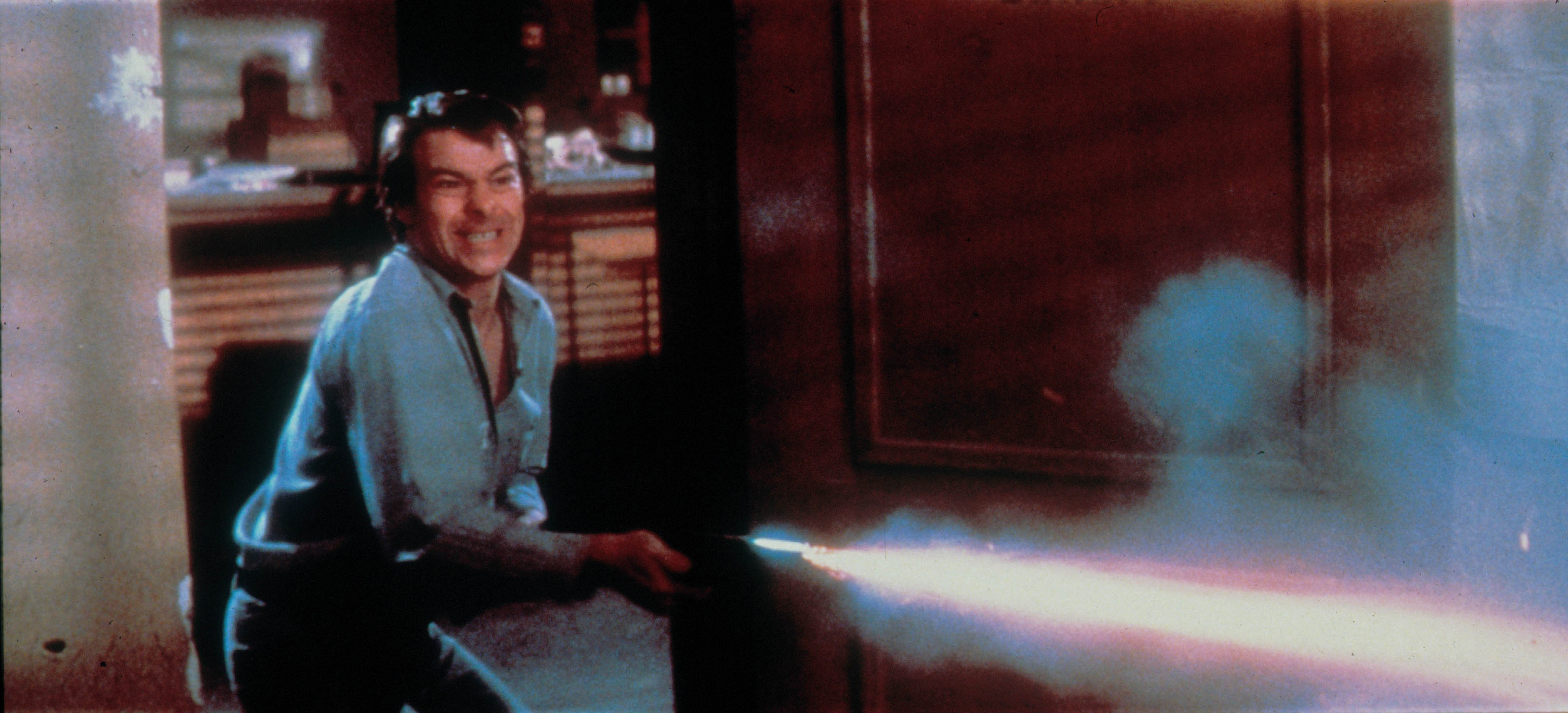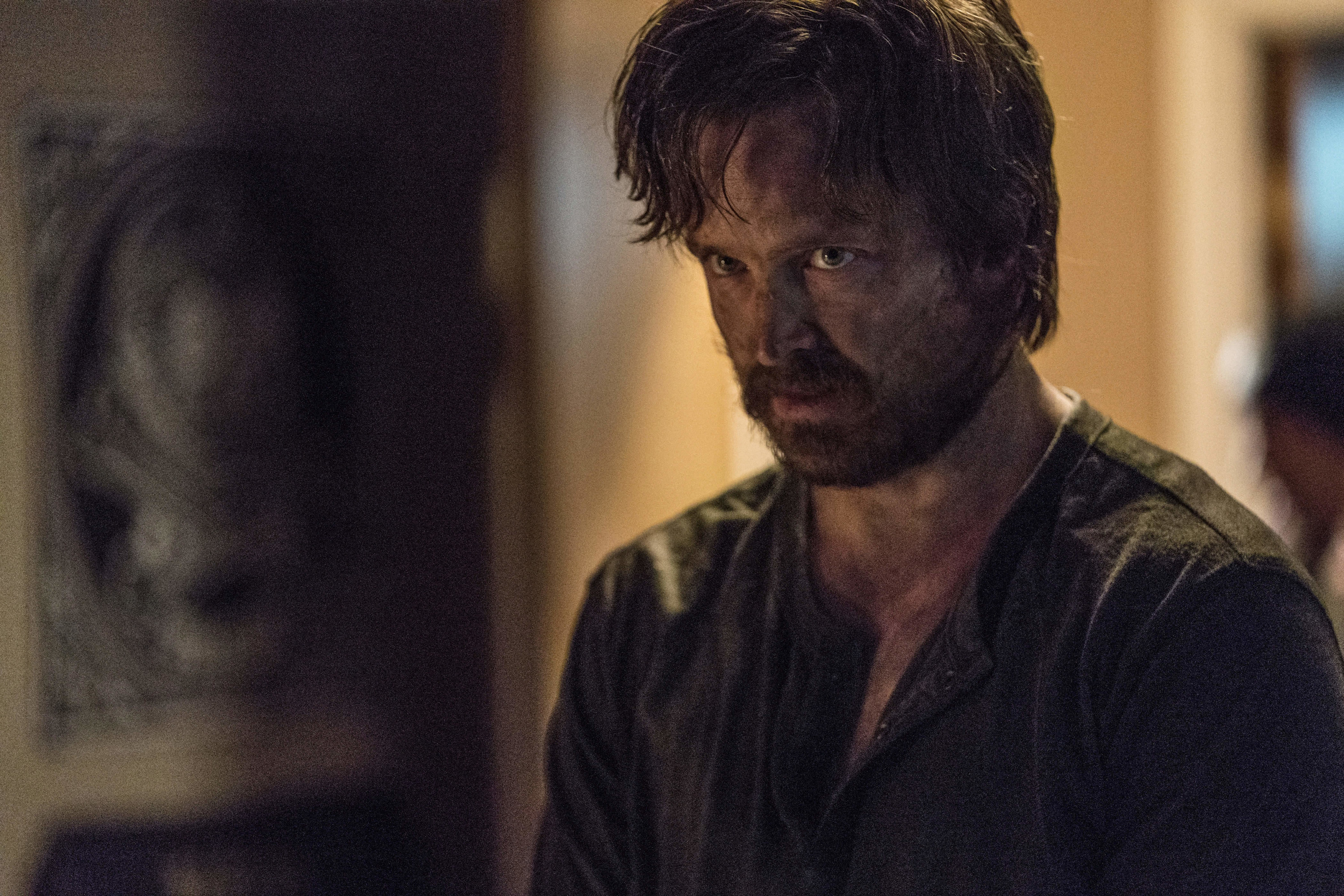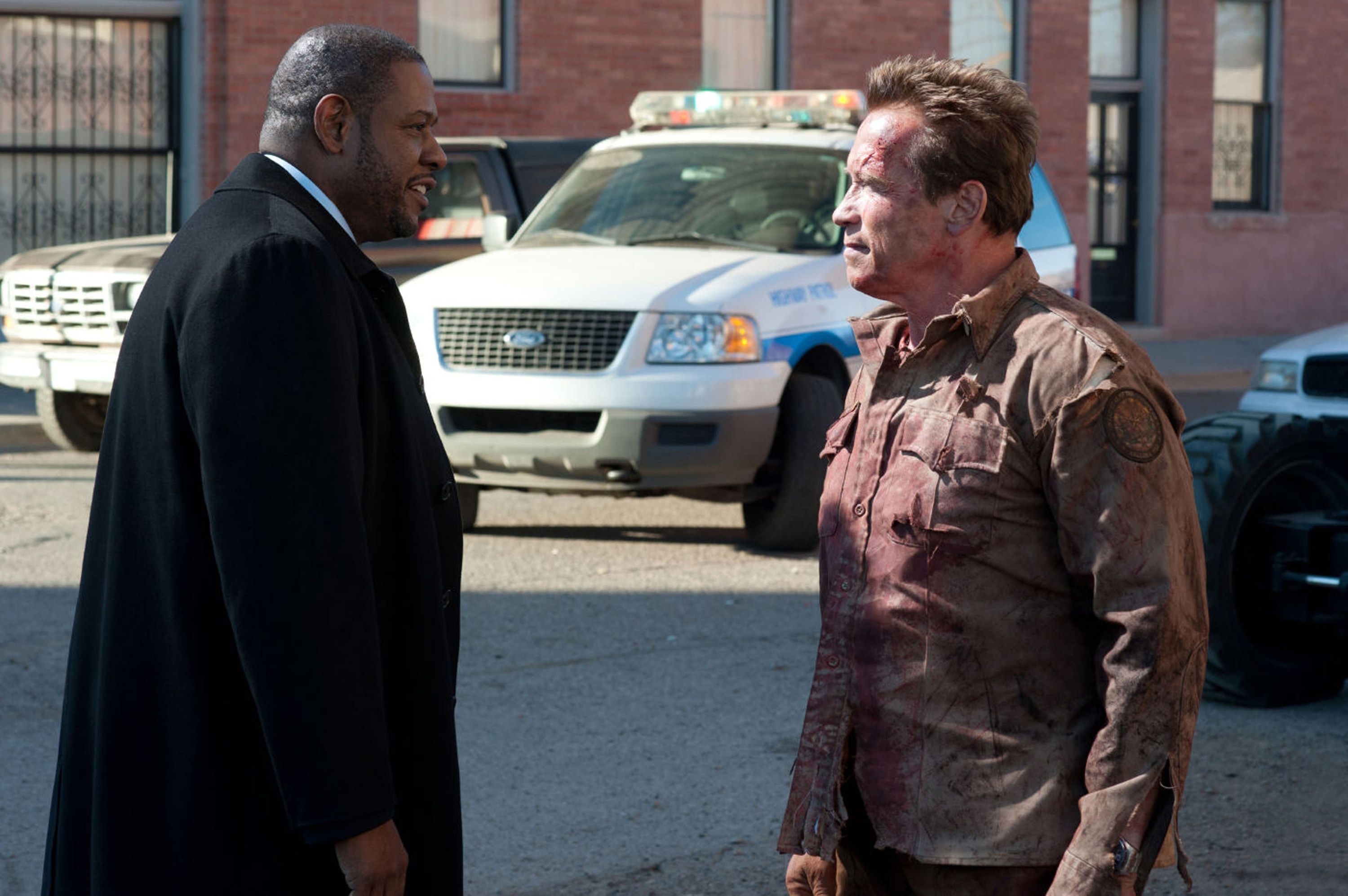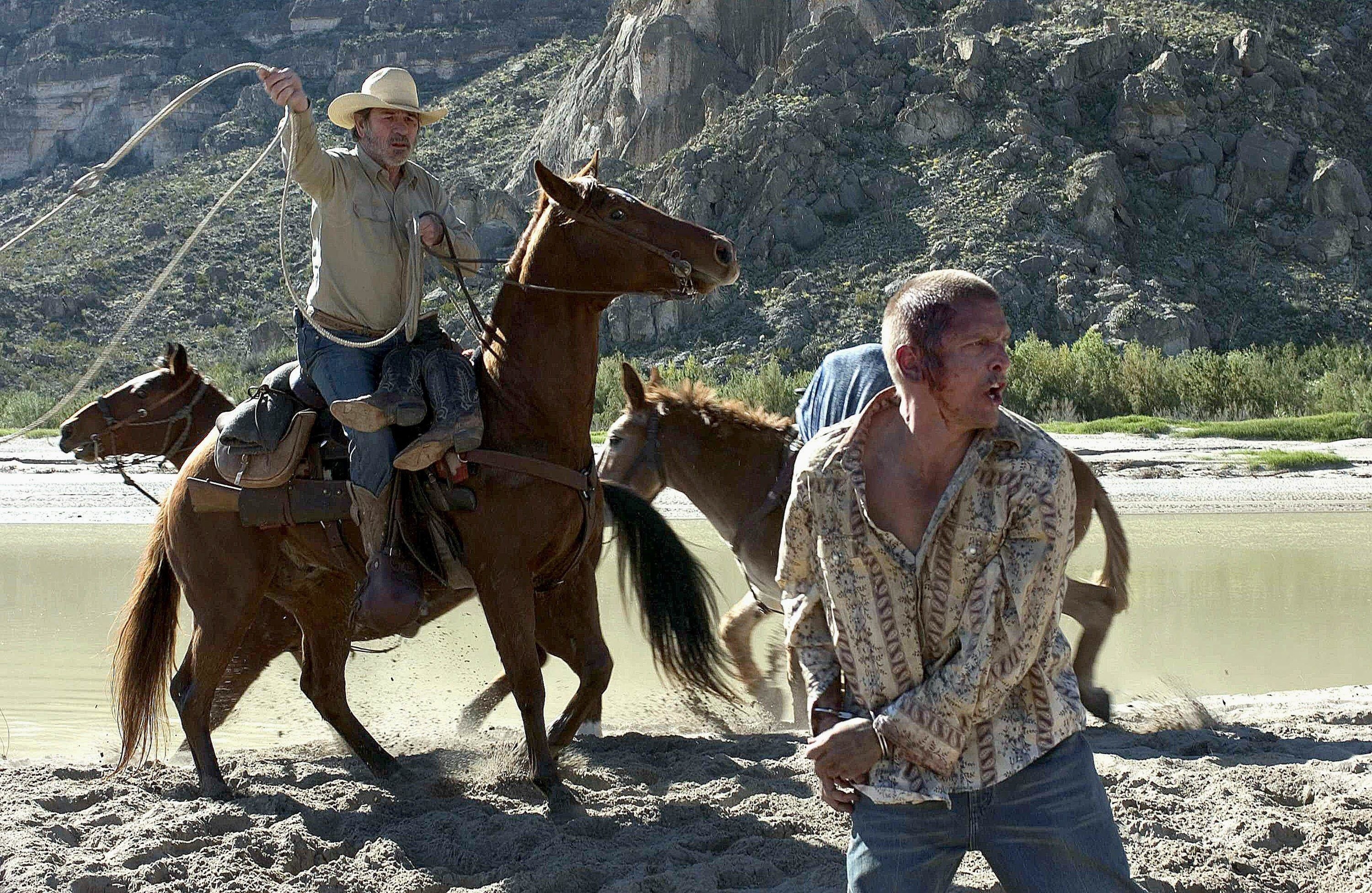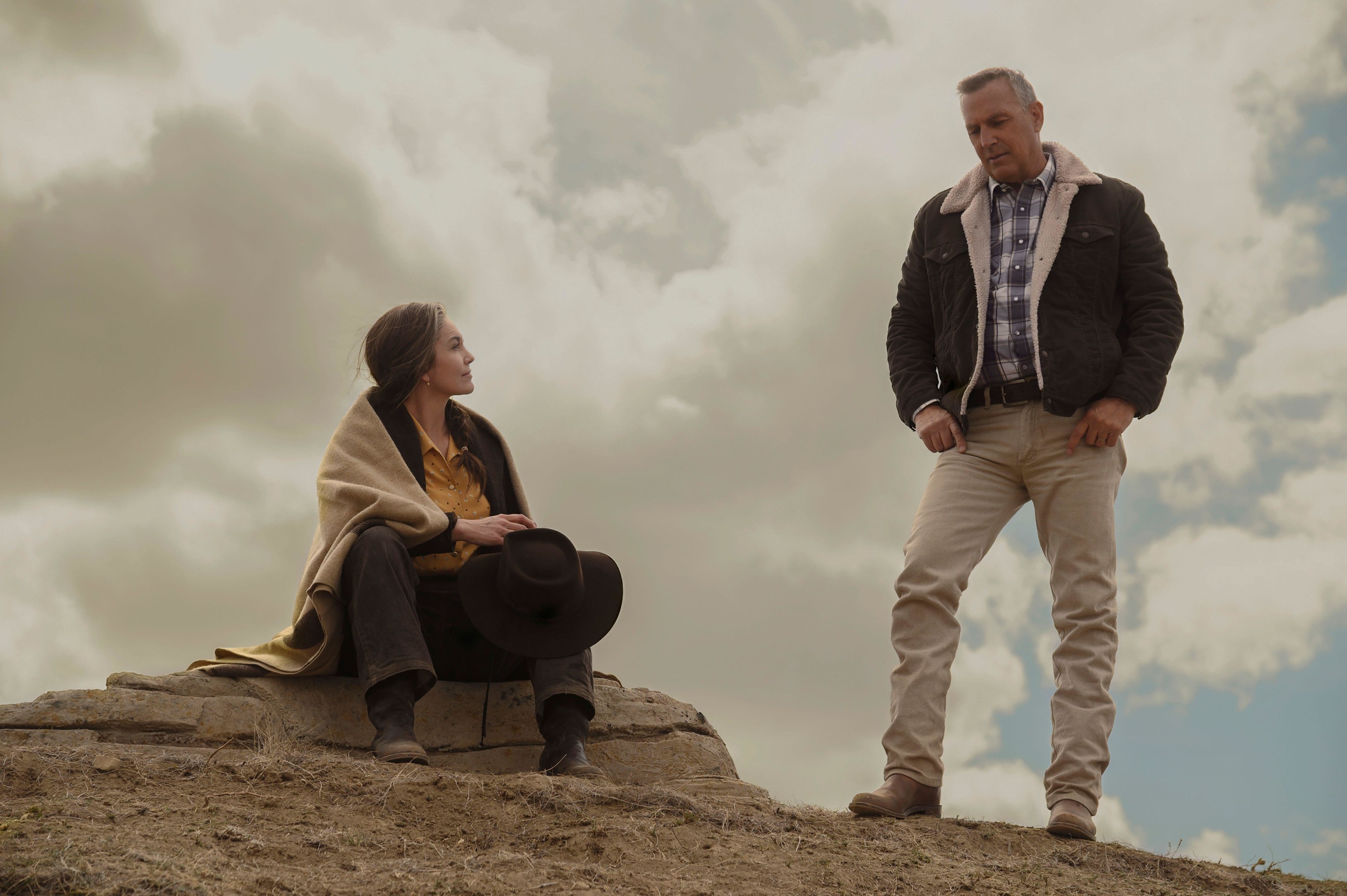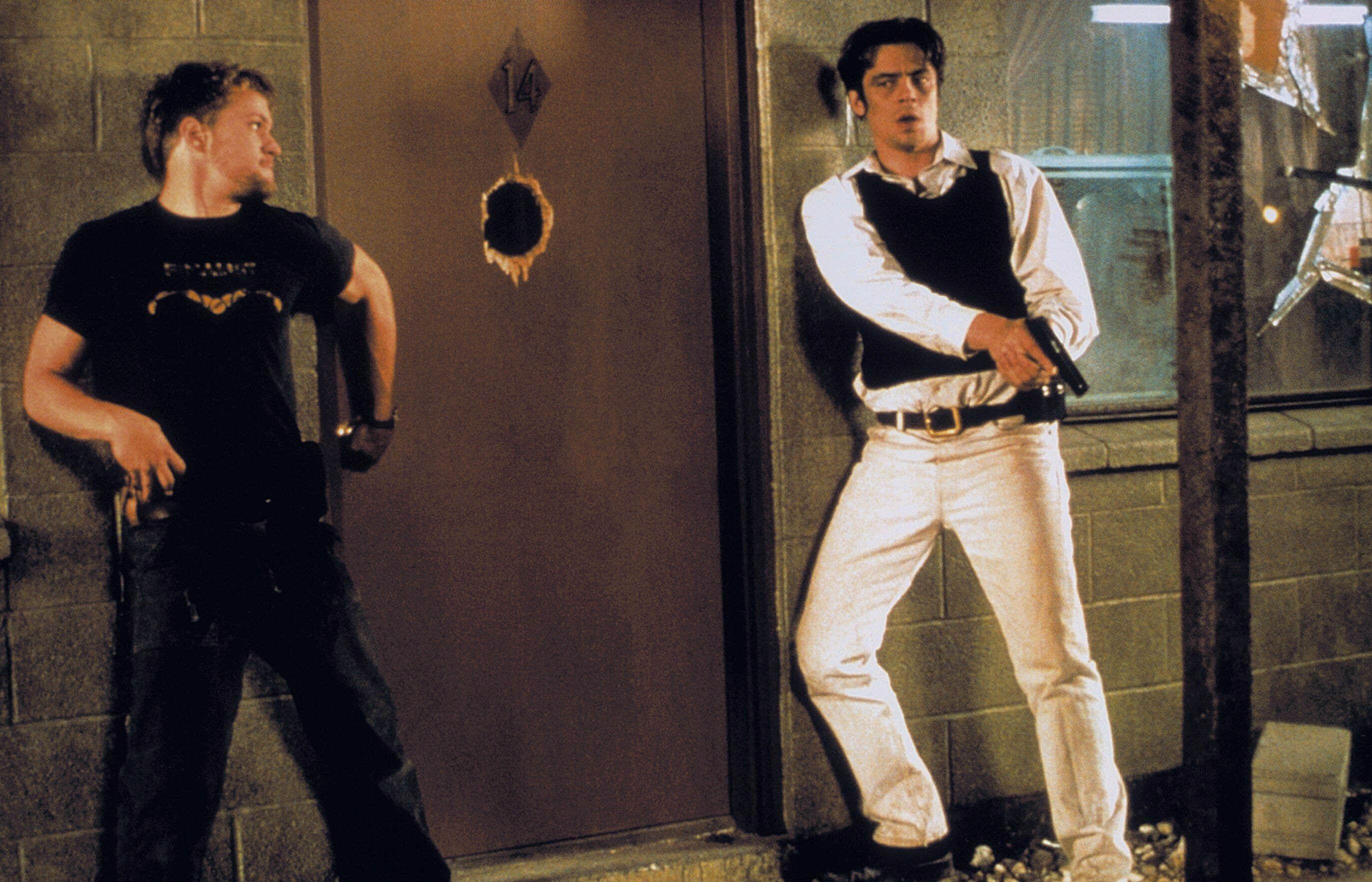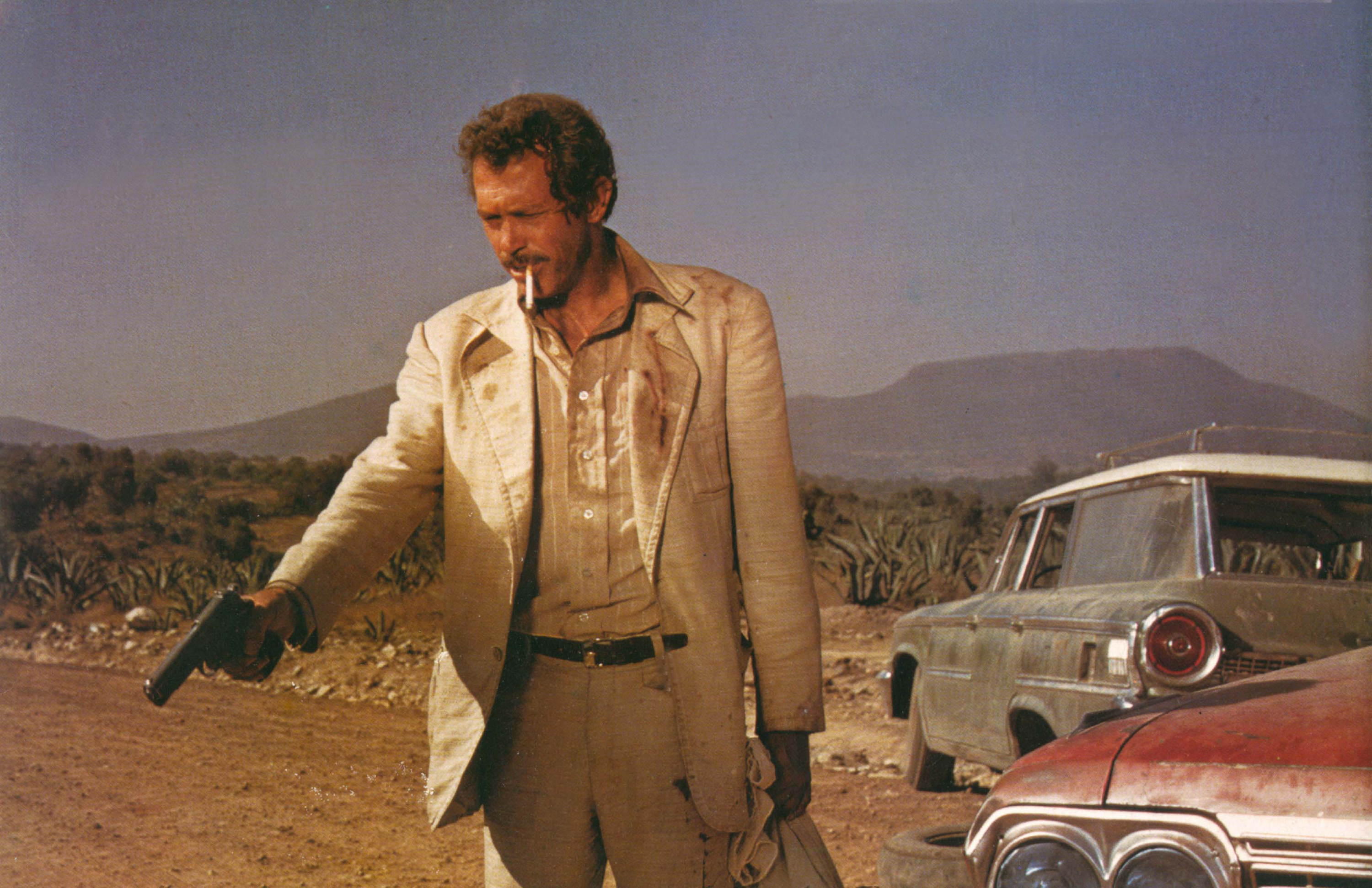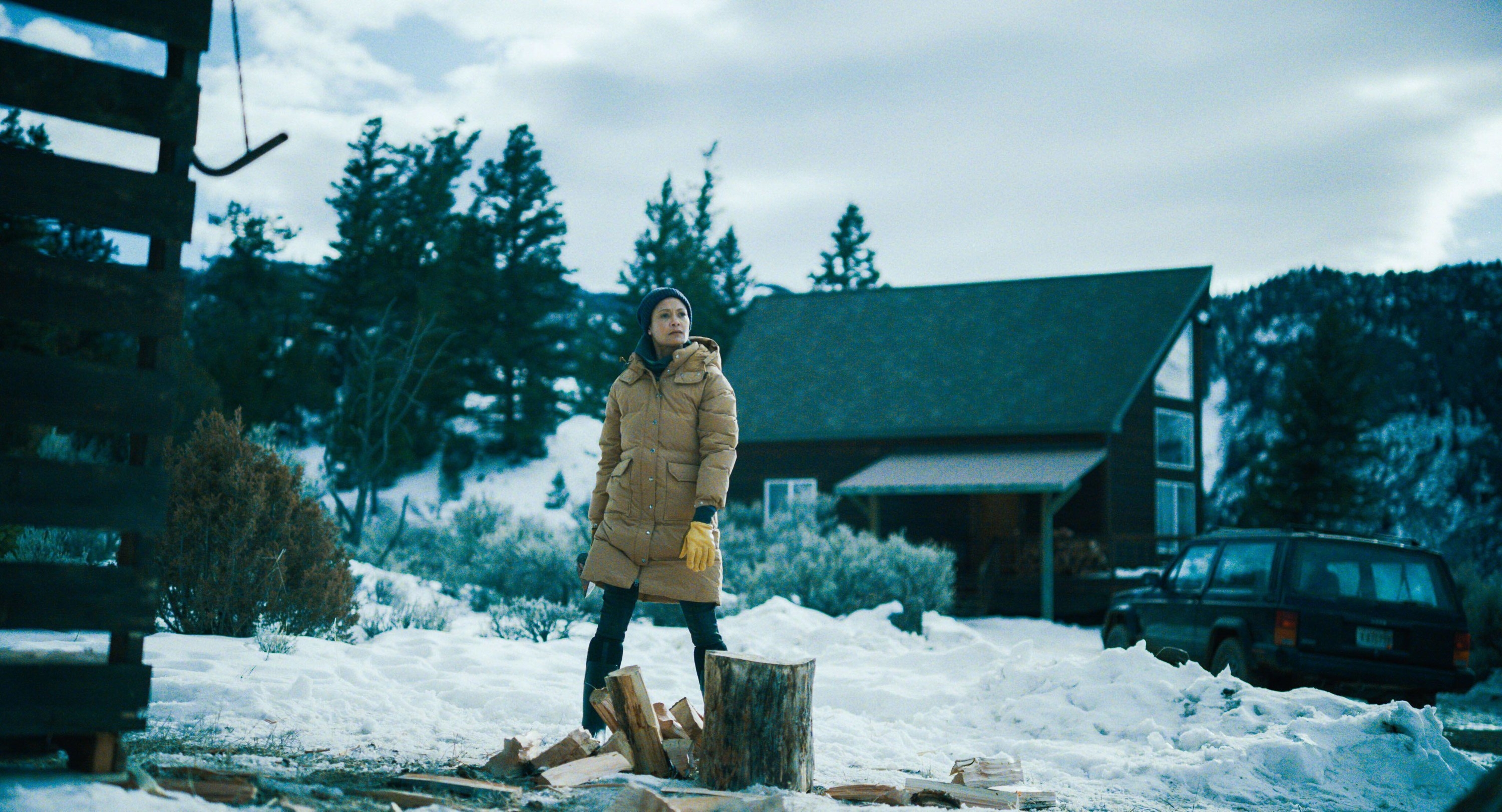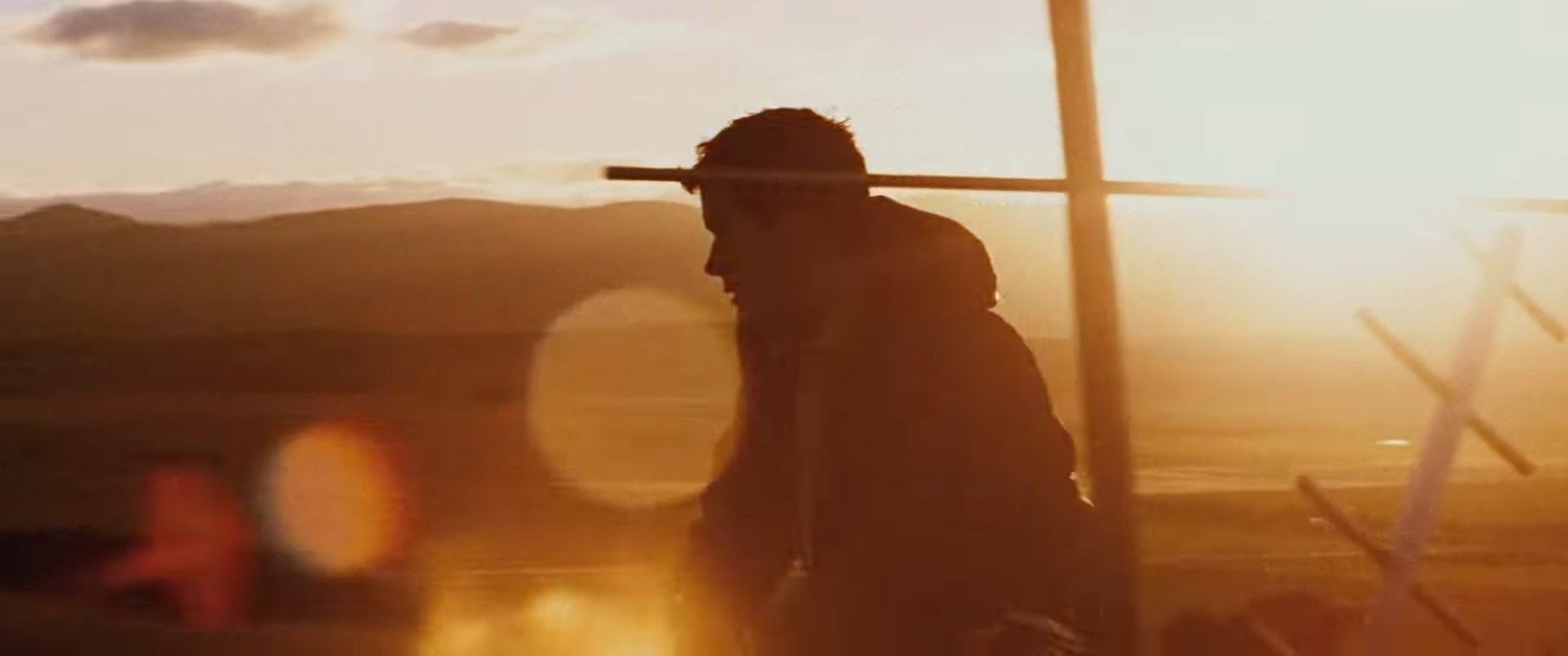Penned by Yellowstone creator Taylor Sheridan, Hell or High Water is an exceptional modern day Western in which two brothers (Chris Pine and Ben Foster) attempt to save their family ranch by pulling off a series of small-scale bank robberies. However, their crimes catch the attention of a pair of stubborn and clever Texas Rangers (Jeff Bridges and Gil Birmingham), and eventually, the four collide with thrilling results. Produced by Friday Night Lights and Lone Survivor director Peter Berg, this Oscar-nominated film draws you in with an excellent cast and intimate premise before planting you firmly on the edge of your seat. Director Walter Hill has been frequently associated with the Western genre, whether it be loosely in such films as Southern Comfort and Last Man Standing or directly in projects like The Long Riders and the pilot for Deadwood. However, his most successful neo-Western comes in the form of the underrated 1987 shoot-’em-up Extreme Prejudice, based on a story co-developed by ‘80s action guru John Milius. The badass and brash film follows a hardened Texas Ranger (Nick Nolte) who attempts to maintain an uneasy peace with his former best friend (Powers Boothe), who has become a powerful drug trafficker in Mexico. As their conflict erupts into violence, their feud is complicated by the arrival of a secretive ex-military unit with eyes on disrupting the drug trade, regardless of the body count. Based on the acclaimed novel by Cormac McCarthy, No Country for Old Men is a star-studded and critically-lauded cross between the noir and Western dramas in which the drama remains gripping, the tension is thick, and the violence is harrowing. Josh Brolin stars as a blue collar hunter who comes across the aftermath of a botched drug deal in the desert, making off with $2 million while drawing the ire of a sociopathic assassin, vengeful drug traffickers, and other enigmatic interested parties. A bleak, dark, and philosophical picture, No Country for Old Men subsequently won Best Picture at the 80th Academy Awards and is frequently ranked among the best films of the Coen brothers. The feature film directorial debut of Kathryn Bigelow, the Academy Award-winning filmmaker behind The Hurt Locker and Zero Dark Thirty, Near Dark is the rare contemporary horror-Western hybrid that works as both nightmare fuel and a brooding romance tale. The film follows a young man who falls for a beautiful drifter, who turns him into a vampire and forces him to join her “family” of roaming vampires. Thrust into a violent life with visceral collateral damage, the young man attempts to find a way out of this wild bunch while attempting to protect his family, whose relentless search for the missing man puts them directly in the path of the aforementioned bloodsuckers. A cult classic with a stellar cast, including Heroes’ Adrian Pasdar and Aliens’ co-stars Lance Henriksen, Bill Paxton, and Jenette Goldstein, Near Dark is a must-see title for both horror and neo-Western completists. Before directing the unbelievably great contemporary siege movie, Green Room, filmmaker Jeremy Saulnier crafted this slow-burn revenge film that unravels like a stellar mystery while building a modern day Hatfield-McCoys story with the picturesque environments and explosive intensity of any worthwhile Western. Blue Ruin stars frequent Saulnier collaborator Macon Blair as an unhoused scavenger who attempts to kill the man responsible for his parents’ murders many year priors, only to learn that vengeance is far more complicated than he had imagined. Partially financed from a successful Kickstarter campaign, Blue Ruin may not have any major stars or spectacle, but this quiet neo-Western will keep you guessing until the very end. A dystopian Western that takes place in the dusty Australian outback years after a hypothetical collapse of the global economy, The Rover follows a jaded loner (Memento’s Guy Pearce) and a foolish criminal (The Batman’s Robert Pattinson) who unexpectedly come together when the latter is abandoned during a robbery gone wrong, with both men seeking the rest of the thieves for their own reasons. Encountering a series of strange and desperate individuals, from vengeful circus performers to trigger-happy soldiers, the two begin an unlikely bond as they forge their way through the unforgiving wasteland. From the director of Animal Kingdom, The Rover is not only a haunting tour-de-force for Guy Pearce, but it’s yet another example of Robert Pattinson’s versatility and strength in a fiercely against-type supporting role. Filmmaker James Mangold makes his first appearance on this list with his second entry into Fox’s X-Men franchise, the one-time swan song for Hugh Jackman’s portrayal of James Howlett/Logan/Wolverine prior to this year’s Deadpool 3 casting. Even though the film is firmly within the superhero movie sub-genre, Logan is a Western at its essence, with the titular character having to protect a ferocious young woman and a fragile old friend on the road while running from a powerful and deadly mercenary force. Outside of Wolverine’s stand-offs against oppressive and lawless gangs on the fringes of the film, there’s even a bloody and tense stand-off at a horse ranch, which is almost as Western as you can get. A stylish revenge film with shades of classic blaxploitation cinema from the late, great John Singleton, Four Brothers has many of the elements vital to the Western genre, with a gang of adoptive brothers playing judge, jury, and executioner after their mother is killed in an apparent robbery. Switching out the Old West for the concrete jungle of Detroit, Four Brothers embraces narrative convention of outlaw fare while offering unconventional tones and visuals, which, combined with a really great cast whose chemistry is undeniable and a solid soundtrack, has helped turn the film into a sleeper hit in 2005 and underrated favorite in the years since. An apocalyptic Western that weaves in elements of samurai fiction and contemporary action-thrillers, The Book of Eli follows a wandering vagabond in a world ruined by a nuclear holocaust who stumbles upon a dusty makeshift town where a desperate warlord seeks a powerful but missing book. With the book in his possession, the vagabond teams with the warlord’s daughter to escape the town and deliver the book to safety on the West Coast. Displaying many visual and thematic markings of the Western genre, from the cowboy-esque villains to the desolate and remote homes and barren roads, The Book of Eli also showcases a great lead performance from Denzel Washington, who channels the calm and collected nature of a classic Western protagonist. Before he brought his neo-Western sensibilities to the superhero genre, director James Mangold refined them with one of his finest cinematic hours, Cop Land. Starring Sylvester Stallone, who was cast against type from his action star heyday, as a meek sheriff of a quiet New Jersey town populated largely by NYPD officers, the film surrounds the aftermath of an accidental police shooting, in which the aforementioned sheriff must finally face the corrupt and dangerous figures that have run amok in his community. With a stacked cast featuring Robert De Niro, Harvey Keitel, Ray Liotta, and Robert Patrick, to name only a few, Cop Land’s climactic showdown feels so authentically Western that you might not believe there’s not a cowboy hat to be seen anywhere. Inspired by Howard Hawks’s seminal Western Rio Bravo, John Carpenter’s exploitation masterpiece throws the shoot-’em-up siege Western concept into a gang-ridden 1970s Los Angeles. Assault on Precinct 13 surrounds a decommissioned police precinct that comes under fire from a vengeful gang, forcing the outnumbered and desperate officers to team with the criminals on-site to survive the onslaught. Anchored by a pair of phenomenal performances from Austin Stoker and Darwin Joston, Assault on Precinct 13 became an international sensation, a stateside cult classic, and a favorite among Carpenter die-hards, securing a Hollywood remake in 2005 starring Ethan Hawke and Laurence Fishburne. While Breaking Bad had many moments that evoked the Western throughout its stellar tenure, the sole Breaking Bad movie (to date) double downed on the genre’s influence on the material. A redemption story in which Jesse Pinkman must retake ownership over his life after months of captivity and mental torture, the character’s journey toward independence follows him as an outlaw and even features a standard Western-style duel. But the Western influence is perhaps most apparent in Vince Gilligan’s directorial choices, filming El Camino in CinemaScope and employing various camera techniques often associated with the genre. This writer isn’t necessarily surprised that the director of The Good, the Bad, the Weird chose a neo-Western for his English language debut, but it is somewhat unusual that Arnold Schwarzenegger decided upon this hard-hitting and occasionally bizarre contemporary stand-off flick as his grand return to the action genre following his gubernatorial tenure. However, Yellowstone fans will find plenty of bleed-over Western appeal in The Last Stand, from the imagery of a ’90s action star returning to their bread-and-butter to thematic common ground of the defense of one’s “land” against hostile and uncouth forces in this cop-vs.-criminal cinematic standoff. In spite of its long and complicated title, The Three Burials of Melquiades Estrada is one of the more powerful neo-Westerns of the past two decades, thanks to the directorial vision and unforgettable performance by Tommy Lee Jones. Inspired by a real story, The Three Burials of Melquiades Estrada follows the accidental killing of an undocumented worker by a Border Patrol officer, which motivates a local rancher to kidnap the officer and escort him to bury the worker in his hometown of Jiménez. A poetic and tense movie, this neo-Western feels in the vein of late-stage westerns like Unforgiven and True Grit, in which the violence and lawlessness is met with grief, consequence, and pain, all of which cast a shadow on the proceedings. Starring Yellowstone’s Kevin Costner as well as the always-fantastic Diane Lane, Let Him Go was a solid contemporary Western that was sadly lost in the shuffle as a theatrical release during the COVID-19 Pandemic. A slow and tragic film with one hell of a mean streak, Let Him Go follows a pair of retired grandparents in 1960s Montana that must attempt a dangerous rescue mission after their widowed daughter-in-law remarries an abusive man whose family means to inflict psychological and physical harm upon their grandchild. With high-stakes drama and plenty of intimate tension on display against the backdrop of the not-so-old West, Let Him Go is an impressive, if not daring, example of what can be achieved within the genre in a modern setting. Before becoming one of Tom Cruise’s go-to collaborators, especially within the Mission: Impossible franchise, Christopher McQuarrie made an ambitious and gritty neo-Western for his directorial debut, fresh off of his screenwriting success with The Usual Suspects. Starring Ryan Phillippe and Benicio del Toro, The Way of the Gun plays like a foul-mouthed and dark twist on Butch Cassidy and the Sundance Kid, this time surrounding two low-class criminals who devise a plot to kidnap the surrogate mother of a local millionaire. Standoffs, shootouts, and free-for-all gunfights ensue but not without the filmmaker’s trademark acerbic dialog and outstanding casting, which includes an unforgettable supporting role for the late James Caan that should have ushered in a Tarantino-esque comeback for the actor. The modern Western was basically redefined by the work of Sam Peckinpah, whose films The Wild Bunch and Pat Garrett and Billy the Kid added technical flair and storytelling opportunities that previously did not exist in the genre. Moreover, he made films that made the Western genre felt as if it was for adults; the wagoneering and adventurous films for the whole family that previously dominated the genre were nowhere to be found. As such, that same adult streak could be extended to the neo-Western Bring Me the Head of Alfredo Garcia, Peckinpah’s bloody and unforgiving tale of a desperate mercenary (Warren Oates) who is hired by a powerful drug cartel with retrieving the head of the selfish criminal who had previously been his wife’s paramour in the outlaw underground of Mexico. Sadly flying under the radar for most during the crowded fall of 2022, Julian Higgins’s God’s Country is an oddly prescient film that also doubles as a covert Western with a central conceit sure to appeal to Yellowstone fans. Based on “Winter’s Light” by James Lee Burke, the film follows a college professor (a powerful Thandiwe Newton) who runs afoul of a pair of manipulative and hostile hunters that she catches trespassing on her property. As the growing tension between the parties slowly rolls toward its inevitably explosive conclusion, the individual reasons fueling God’s Country’s conflict come to light, making the film as dramatically heavy as it is suspenseful and gripping. Before carving his name out in Hollywood with The Man From Toronto, The Hitman’s Bodyguard films, and The Expendables 3, Australian filmmaker Patrick Hughes burst onto the action film scene with an extraordinary feature film debut, Red Hill. Starring True Blood’s Ryan Kwanten, the neo-Western follows a rookie cop who finds himself way over his head when the town is terrorized by a fugitive with revenge on his mind. With the whole town literally up in arms and violence pouring onto the street, the officer soon learns he can trust no one when a vicious truth comes to light, forcing him to step up and administer a different brand of justice.
